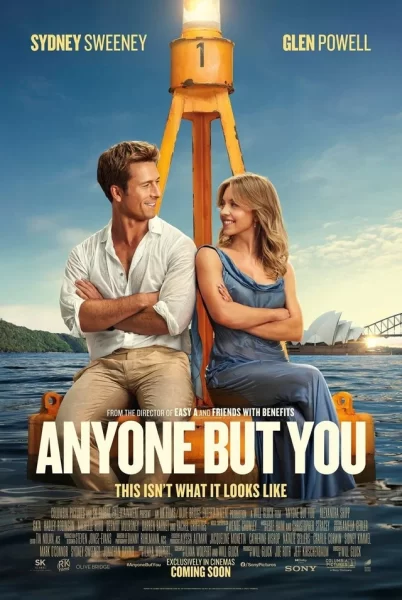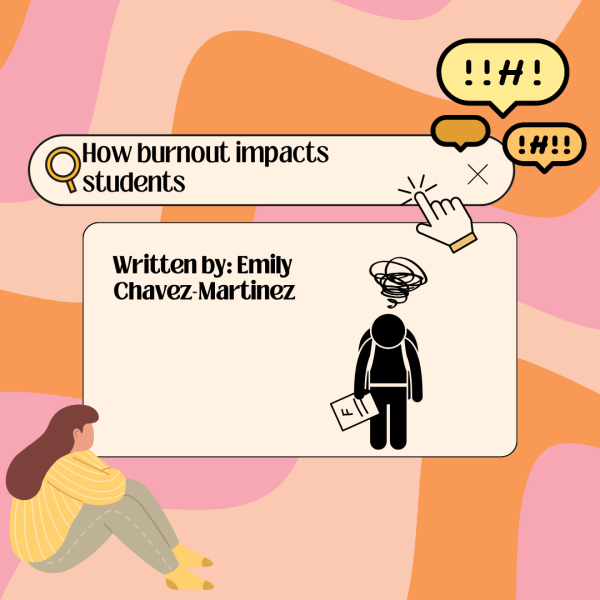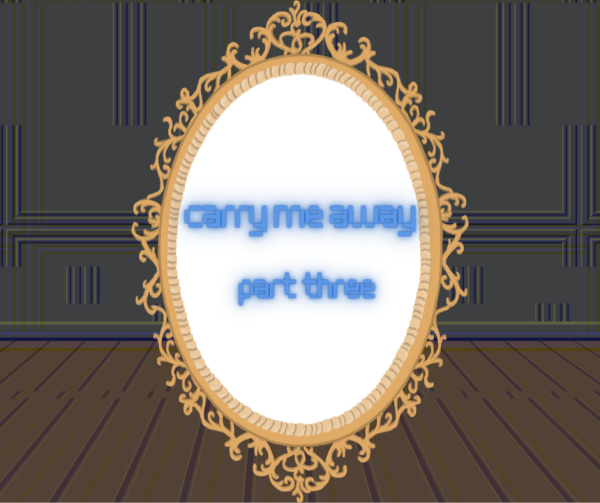Classic Books That Everyone Should Read
When hearing the term “Classic Literature” or “Classic Books” many would assume that one is referring to the books schools make us read, or the ones written by dead poets from the late 1800s early 1900s that are considered “boring and bland”. Though all of that is true, not all classic books are uninteresting. Some contain dark humor, unique writing, and topics that are far from educational, but with schools constantly assigning them, students tend to stay away from them and lean towards books with more entertaining topics or no books at all.
For me, I’ve agreed with the stereotype that classic books were boring as a kid, without even reading them. And though I still haven’t read one, I have a newfound respect for their beauty and age. Yes, they may not be entirely entertaining, but if you truly think about how “ancient” those books are and how that type of literature was invented in a completely different era, it’s mind-blowing. And with the new generation, vintage is rising back from the dead and retaking its throne. BookTok and Bookstagram are encouraging people who have never picked up a book in their life, to take a chance and look for a topic that interests them. And with the book community growing, many are deciding to give classic literature a second chance, and I believe everyone else should too. Here is some recommendations if you want to read classics!!
Wuthering Heights– Emily Brontë, 1847 (Romance, Gothic Fiction)
The Great Gatsby– F. Scott Fitzgerald, 1925 (Tradgedy, Fiction)
Pride and Prejudice– Jane Austen, 1813 (Romance, Fiction)
Jane Eyre– Charlotte Brontë, 1847 (Romance, Gothic Fiction, Fictional Autobiography)
Anna Karenina– Leo Tolstoy, 1877 (Fiction, Literary Realism)
Adventures of Huckleberry Finn– Mark Twain, 1884 (Satire, Humor, Children’s Literature)
Little Women– Louisa May Alcott, 1868 (Coming-of-age, Comedy, Children’s Literature)
The Catcher in the Rye-J.D. Salinger, 1951 (Young adult fiction, Literary Realism)
Moby-Dick– Herman Melville, 1851 (Epic, Adventure Fiction)
The Picture of Dorian Gray– Oscar Wilde, 1890 (Gothic Fiction, Philosophical Fiction)
Frankenstein– Mary Shelley, 1818 (Gothic Fiction, Horror Fiction, Science Fiction)
War and Peace– Leo Tolstoy, 1867 (Historical Novel, Philopsophical Fiction, War Story)
Dracula– Bram Stoker, 1897 (Fantasy Fiction, Horror Fiction, Gothic Fiction)
Brave New World– Aldous Huxley, 1932 (Science Fiction, Dystopian Fiction)
Anne of Green Gables– L.M. Montgomery, 1908 (Children’s Literature, Fiction)
The Hobbit– J.R.R. Tolkien, 1937 (Epic, Fantasy Fiction, High Fantasy)
The Scarlet Letter– Nathaniel Hawthorne, 1850 (Historical Novel, Romanticism)
Persuasion– Jane Austen, 1817 (Romance Fiction, Historical Fiction, Young Adult Fiction)
Emma– Jane Austen, 1815 (Fiction, Romance Novel, Comedy)
A Tale of Two Cities– Charles Dickens, 1859 (Historical Fiction)
Iliad– Homer, 1489 (Epic, Poetry)
Romeo and Juliet– William Shakespeare, 1597 (Tragedy)
Sense and Sensibility– Jane Austen, 1811 (Fiction, Romance Novel)
The Call of the Wild– Jack London, 1903 (Adventure Fiction)
The Secret History– Donna Tartt, 1992 (Psychological Fiction)
Your donation will support the student journalists of Dakota High School. Your contribution will allow us to purchase equipment and cover our annual website hosting costs.

Alexa Profka is a Junior at Dakota. This is her third year as a part of The Dakota Planet. Alexa is very passionate about reading and writing, and...










